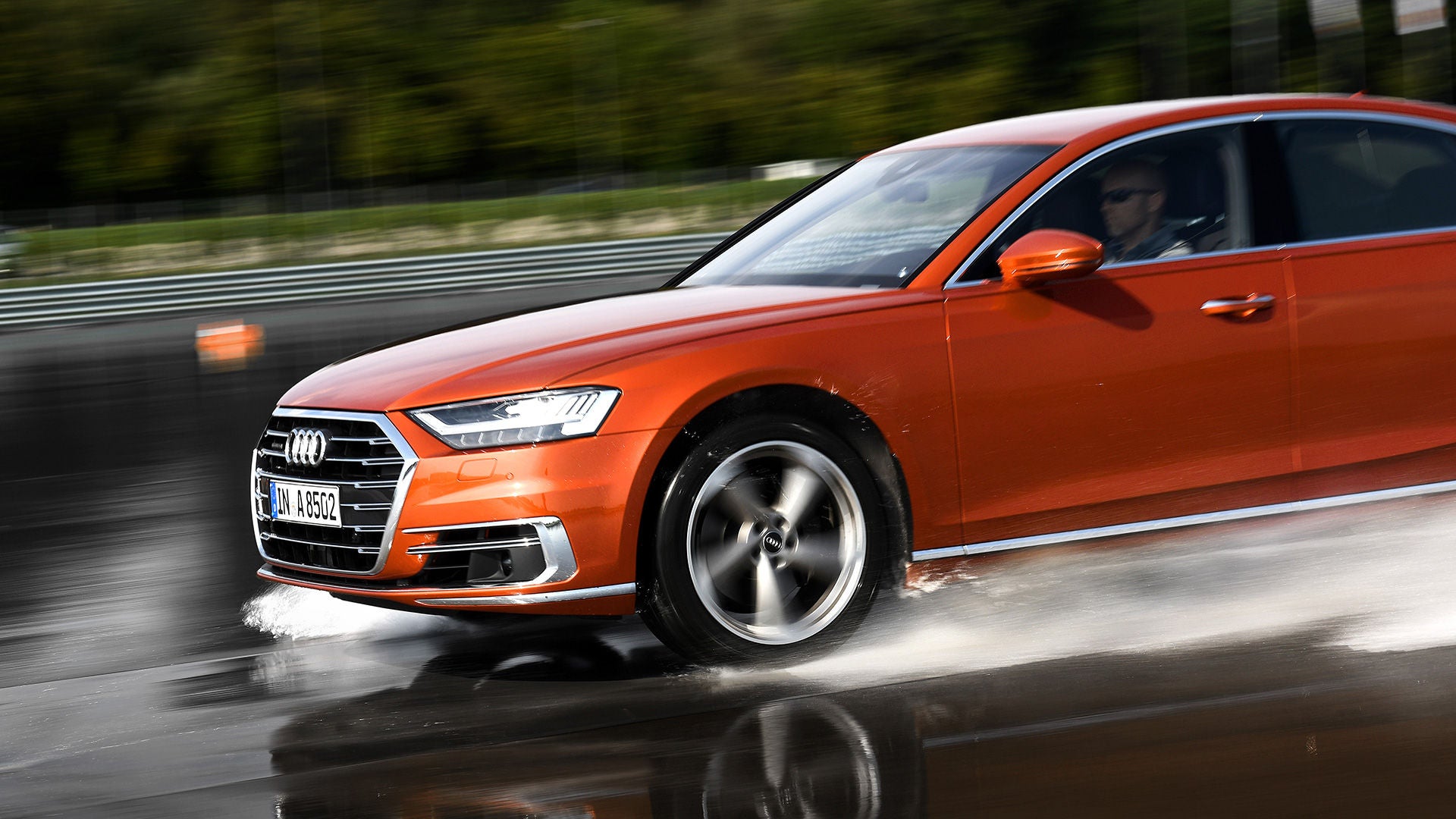Whether you are a small start-up business or a large established company, Audi Finance can help you tailor a car finance plan to meet your business requirements and help drive your business forward.
For business and taxation purposes, vehicles acquired under a Non – Consumer Hire Purchase arrangement are treated as fixed assets of the company with the amount being treated as a liability.
A Business can offset the interest element of the Hire Purchase cost against Tax thereby reducing the effective cost of borrowing. The VAT amount on the vehicle can be claimed back from Revenue in one upfront payment at the beginning of the agreement (subject to vehicle qualification rebate). VAT is not normally recoverable on cars. With Hire Purchase you can defer part of the capital cost until the end of the agreement and pay the final payment, thus making the monthly instalment more affordable.

